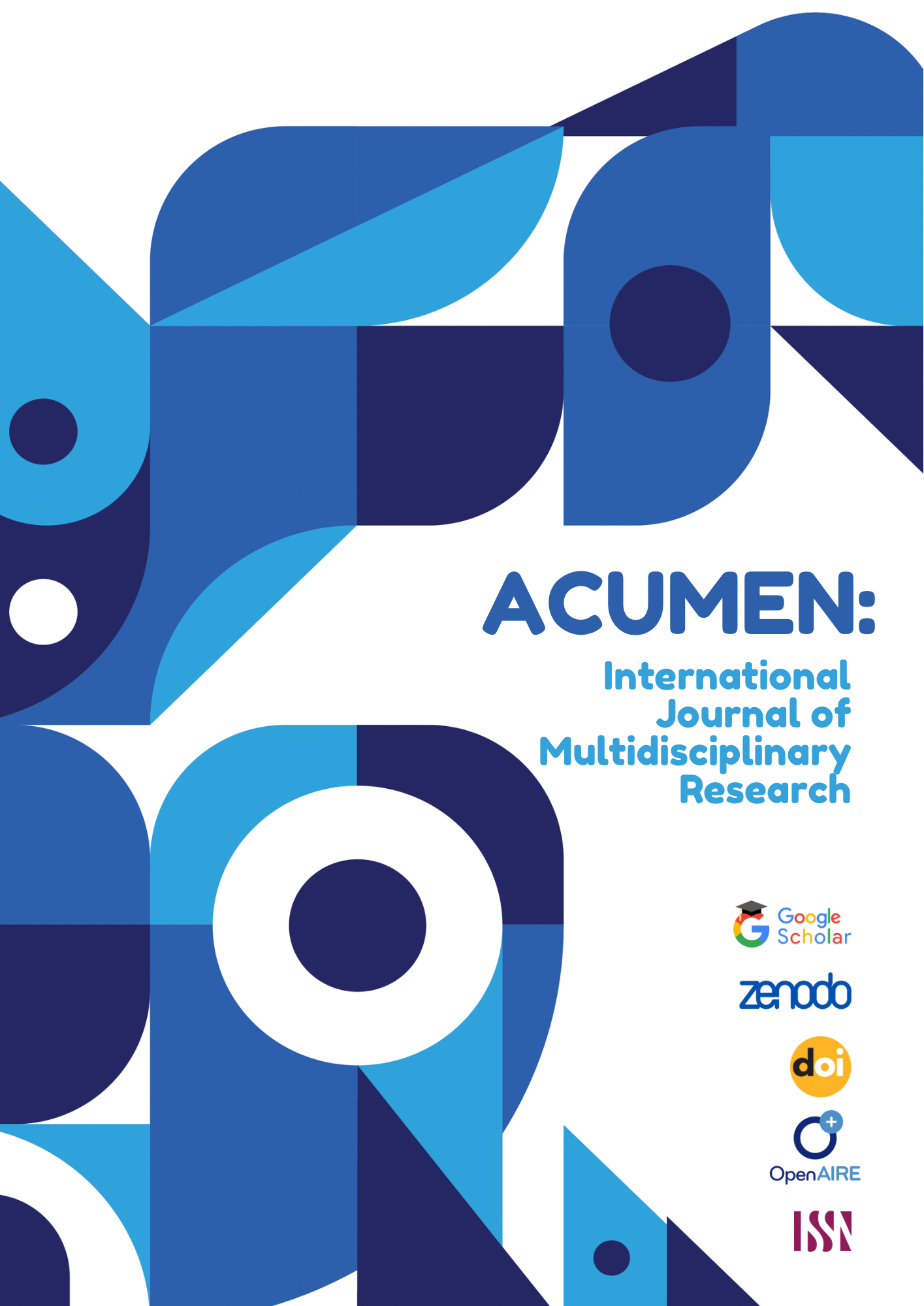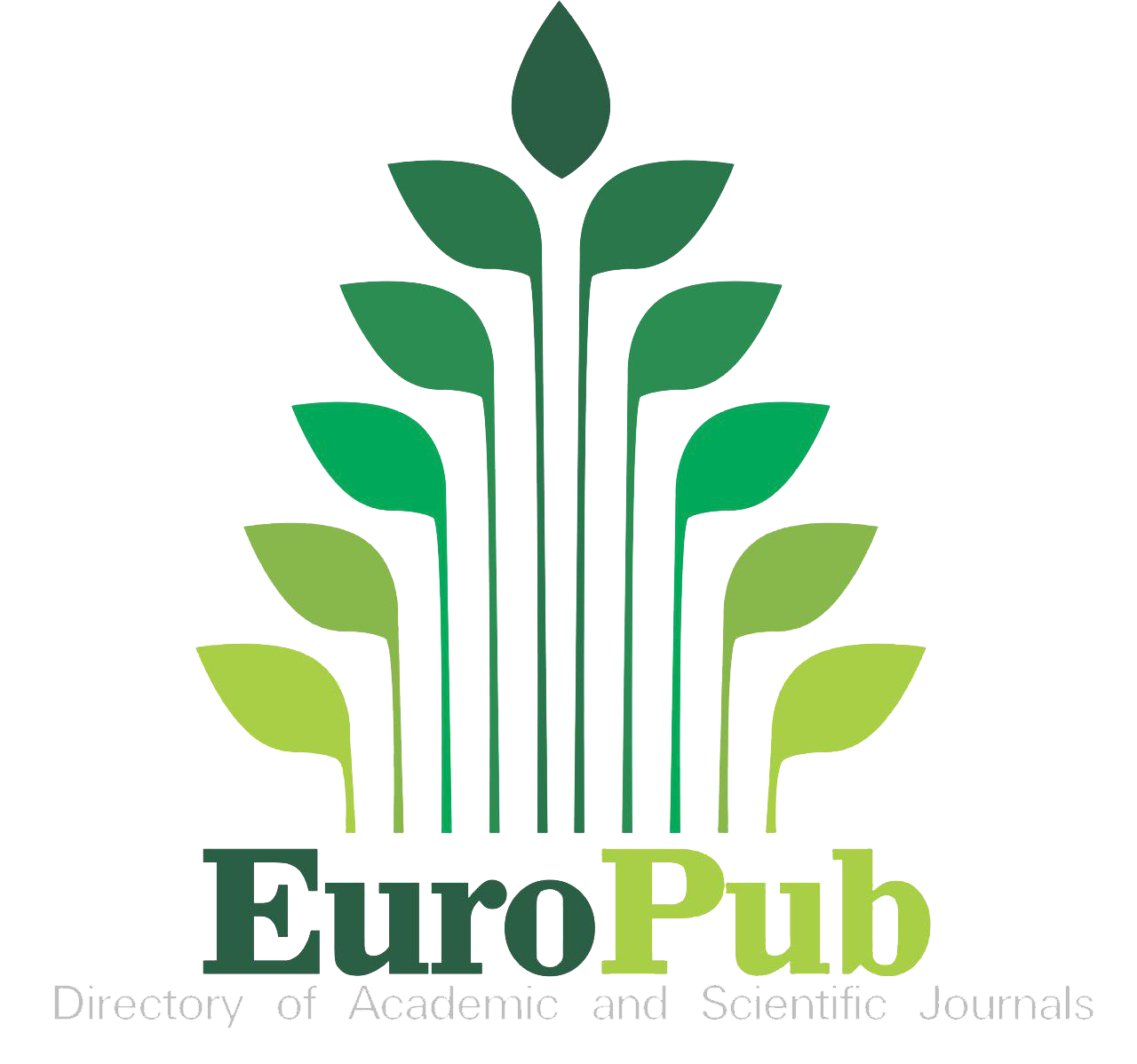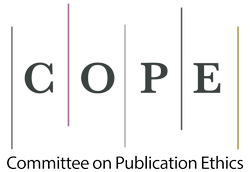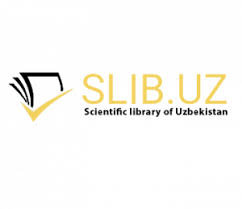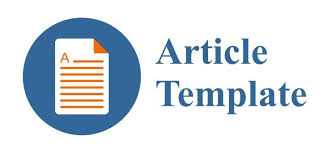THE SCIENTIFIC AND PEDAGOGICAL FOUNDATIONS OF TEACHING FOREIGN LANGUAGES TO ELEMENTARY-LEVEL STUDENTS
Keywords:
Foreign languages, elementary education, scientific-pedagogical foundations, linguistic abilities, communicative approach, didactic methodsAbstract
This article analyzes the scientific and pedagogical foundations of
teaching foreign languages to elementary-level students. It examines the methodology
of teaching foreign languages, pedagogical approaches, and methods for developing
students' linguistic abilities. The importance of communicative approaches and
didactic methods in the process of teaching foreign languages is particularly
emphasized.
References
1. Brown, H. D. (2007). Principles of language learning and teaching. Pearson
Education.
2. Cameron, L. (2001). Teaching languages to young learners. Cambridge
University Press.
3. Ellis, R. (2008). The Study of second language acquisition. Oxford University
Press.
4. Gass, S. M., & Selinker, L. (2008). Second language acquisition: An
introductory course. Routledge.
5. Krashen, S. D. (1982). Principles and practice in second language acquisition.
Pergamon press.
Acumen: International Journal of Multidisciplinary Research
ISSN: 3060-4745 IF(Impact Factor)10.41 / 2024
Volume 1, Issue 5
162 Acumen: International Journal of Multidisciplinary Research
6. Lightbown, P. M., & Spada, N. (2013). How languages are learned. Oxford
university press.
7. Long, M. H., & Doughty, C. J. (2009). The handbook of language teaching.
Wiley-blackwell.
8. Nunan, D. (2011). Teaching english to young learners. Anaheim University
Press.
9. Richards, J. C., & Rodgers, T. S. (2014). Approaches and methods in language
teaching. Cambridge university press.
10. Scarcella, R. C., & Oxford, R. L. (1992). The tapestry of language learning:
the individual in the communicative classroom. Heinle & Heinle.
11. Snow, C. E., & Burns, M. S. (1998). Preventing reading difficulties in young
children. National Academy Press.
12. Tabors, P. O. (2008). One child, two languages: a guide for early childhood
educators of children learning english as a second language. Brookes Publishing.
13. Tomlinson, B. (2011). Materials development in language teaching.
Cambridge university press.
14. Ur, P. (2012). A Course in english language teaching. Cambridge university
press.
15. Vygotsky, L. S. (1978). Mind in society: The development of higher
psychological processes. Harvard University Press.
16. Willis, J. (1996). A framework for task-based learning. Longman.
17. Солижонов, Ж. (2024). Crafting the lexicon of magic: analyzing JK
Rowling’s neologisms in translation. Зарубежная лингвистика и лингводидактика,
2(4/S), 34-38.
18. Kamoljonovich, S. J. R. (2024). AMALIY TARJIMA
ELEMENTLARINING ZAMONAVIY KLASSIFIKATSIYASI.
19. Kamoljnovich, S. J. (2022). JK ROULINGNING FANTASTIK
ASARLARIDAGI ANTROPONIMLARNING LINGVO-PERSPEKTIV
MUAMMOLARI. Central Asian Research Journal for Interdisciplinary Studies
(CARJIS), 2(1), 334-343. https://doi.org/10.24412/2181-2454-2022-1-334-343
Acumen: International Journal of Multidisciplinary Research
ISSN: 3060-4745 IF(Impact Factor)10.41 / 2024
Volume 1, Issue 5
163 Acumen: International Journal of Multidisciplinary Research
20. Kamoljonovich, S. J., & O’G, Y. N. U. B. (2022). BADIIY TARJIMA
UCHUN TARJIMA USULLARI TAHLILI (IAN TUHOVISKIY ASARLARI
MISOLIDA). Ta’lim fidoyilari, 18(5), 32-37.
21. Jo’ramurodova, Z., & Solijonov, J. (2022, April). JK ROULINGNING
“BIDL QISSANAVIS ERTAKLARI”(“THE TALES OF BEEDLE THE BARD”)
ASARIDAGI ANTROPONIMLARNING O’ZBEK TILIDAN INGLIZ TILIGA
TARJIMA QILISHDAGI MUAMMOLARI. In МЕЖДУНАРОДНАЯ НАУЧНАЯ
КОНФЕРЕНЦИЯ:" СОВРЕМЕННЫЕ ФИЛОЛОГИЧЕСКИЕ ПАРАДИГМЫ:
ВЗАИМОДЕЙСТВИЕ ТРАДИЦИЙ И ИННОВАЦИЙ II" (Vol. 2, No. 18.03, pp. 554-
560). https://doi.org/10.47100/nuu.v2i18.03.115
22. Qodirovna, A. Z., & Kamoljonovich, S. J. (2022). JK ROULINGNING,
GARRI POTTER VA AFSUNGARLAR TOSHI’’ROMANIDAGI SEHRGARLAR
OBRAZINI INGLIZ TILIDAN O’ZBEK TILIGA TARJIMA QILISHNING
LINGVO-PERSPEKTIV TAHLILI. Central Asian Research Journal for
Interdisciplinary Studies (CARJIS), 2(3), 176-180. https://doi.org/10.24412/2181-
2454-2022-3-176-18

